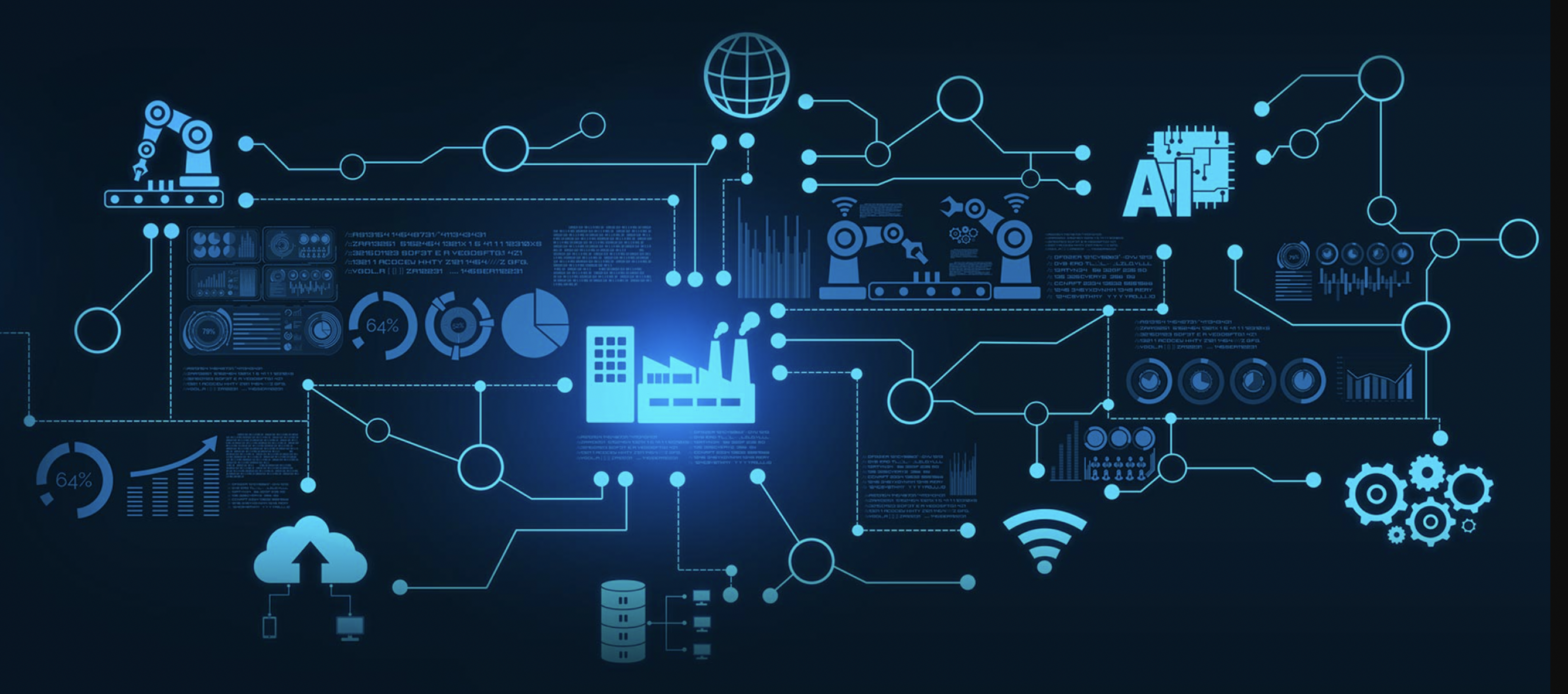The advent of intelligent automation (IA) marks a significant evolution in how businesses operate, combining the power of artificial intelligence (AI) and robotic process automation (RPA) to revolutionize workflows. As organizations strive for efficiency, accuracy, and agility, intelligent automation emerges as a crucial component of digital transformation. This blog post delves into what intelligent automation is, its benefits, and how it is reshaping industries.
What is Intelligent Automation?
Intelligent automation is the integration of AI technologies—such as machine learning, natural language processing, and computer vision—with RPA. While RPA focuses on automating repetitive, rule-based tasks, IA enhances these capabilities by enabling systems to make decisions, understand context, and learn from data. This combination allows for more complex and adaptive automation solutions that can handle unstructured data and perform higher-level cognitive tasks.
Key Components of Intelligent Automation
- Robotic Process Automation (RPA):
- Automates routine, manual tasks.
- Mimics human actions to perform tasks such as data entry, transaction processing, and report generation.
- Artificial Intelligence (AI):
- Machine Learning: Algorithms that learn from data and improve over time.
- Natural Language Processing (NLP): Enables systems to understand and respond to human language.
- Computer Vision: Allows machines to interpret and process visual information.
- Business Process Management (BPM):
- Helps design, analyze, execute, and monitor business processes to optimize performance.
Benefits of Intelligent Automation
- Increased Efficiency: Intelligent automation significantly reduces the time required to complete tasks, as it operates continuously without fatigue. This leads to faster processing times and increased throughput.
- Improved Accuracy: By eliminating human error, IA ensures high accuracy and consistency in task execution. This is particularly beneficial in data-sensitive processes like financial transactions and compliance reporting.
- Cost Savings: Automating repetitive tasks reduces labor costs and allows employees to focus on more strategic, value-added activities. This can lead to substantial cost savings and improved resource allocation.
- Enhanced Customer Experience: Intelligent automation can streamline customer interactions by providing faster and more accurate responses. Chatbots and virtual assistants, powered by AI, can handle customer queries around the clock, improving service levels and customer satisfaction.
- Scalability: IA solutions can be scaled easily to meet increasing demands. Organizations can deploy additional bots or AI modules to handle higher workloads without a proportional increase in costs.
Real-World Applications of Intelligent Automation
- Finance and Accounting:
- Automating invoice processing, expense management, and financial reporting.
- Detecting and preventing fraudulent transactions through AI-driven analysis.
- Healthcare:
- Streamlining patient data management and administrative tasks.
- Enhancing diagnostic processes through AI-powered image analysis and predictive analytics.
- Customer Service:
- Implementing AI chatbots for 24/7 customer support.
- Personalizing customer interactions and resolving queries more efficiently.
- Manufacturing:
- Using AI to predict maintenance needs and prevent equipment failures.
- Optimizing supply chain operations and inventory management through intelligent forecasting.
Challenges and Considerations
While intelligent automation offers numerous benefits, implementing these solutions comes with challenges. Organizations must address issues such as data security, change management, and the integration of IA with existing systems. Additionally, there is a need for continuous monitoring and updating of AI models to ensure they remain effective and relevant.
Intelligent automation is transforming industries by enhancing efficiency, accuracy, and customer satisfaction. As businesses continue to adopt these technologies, the future of work will be defined by collaboration between humans and intelligent systems. By embracing intelligent automation, organizations can not only streamline their operations but also unlock new opportunities for innovation and growth.

